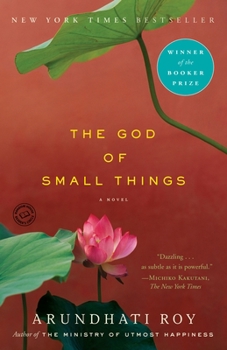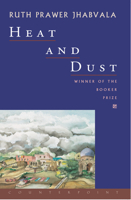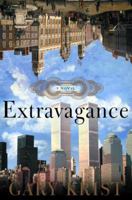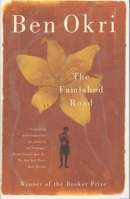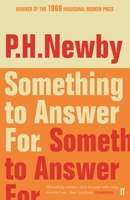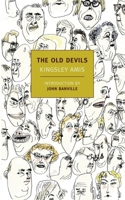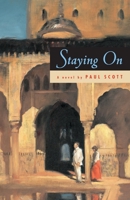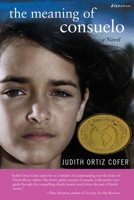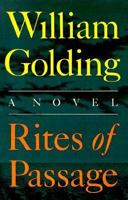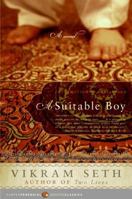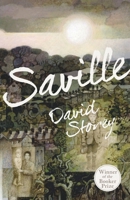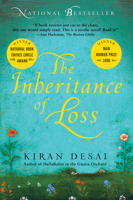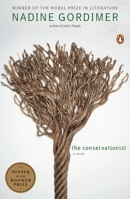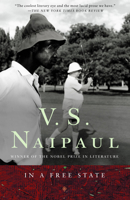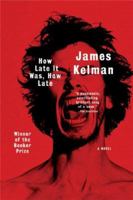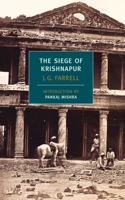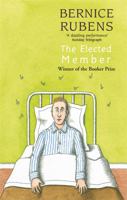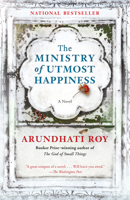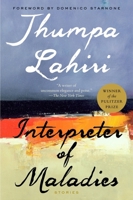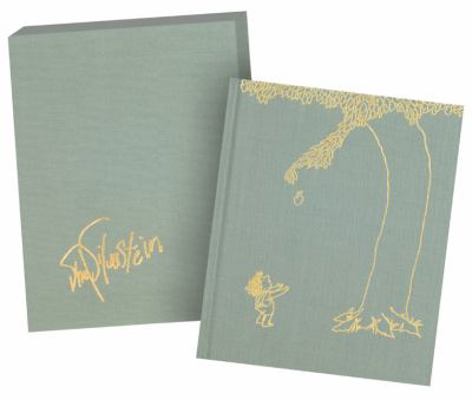The God of Small Things
Select Format
Select Condition 
You Might Also Enjoy
Book Overview
Customer Reviews
Rated 2 starsThe book is great! The cover came messed up
The book is really great, I’m reading it for a class. But, I bought this and the cover and some of the pages are bent and ripped.
0Report
Rated 5 starsIncredible writing and a compelling story
I love love love this writing. It's certainly not an easy read by any means but Roy manages to get you in such a specific mindset. The book follows the perspective of twins for most of the book and writing is an incredible blend of styles that reflect this. The historical context was really interesting and I learned a lot from it. Cannot recommend this book enough. Incredibly original and lush writing paired with a dramatic...
1Report
Rated 1 starsVery disappointing
My book group was looking forward to reading this book, but we were all disappointed by it, and not one of us was able to finish it. We all agreed that, while the author's writing style is unquestionably original, her technique is overused and detracts from the plot. It was impossible to become immersed in the story because the writing style was so distracting. Ultimately, none of us has any idea what this book is about because...
1Report
Rated 5 starsOne of the best books I've read...innovative language
What is the God of Small Things? Small things are what we talk about when the big things are too difficult and too overwhelming. This book is the story of the childhood of non-fraternal twins, Rahel & Estha - a girl and a boy, family, forbidden lovers, politics, and tradition. Ammu is the twins' mother; a woman of a priviledged family who married, then divorced her twins' alcoholic father. Baby Kochamma is their manipulative...
6Report
Rated 5 starsSmall is Beautiful
Set in Kerala during the late 1960s when communism rattled the age-old caste system, The God of Small Things begins with the funeral of young Sophie Mol, the cousin of the novel's protagonists Rahel and her fraternal twin brother, Estha. In a circuitous and suspense--filled narrative, it is a story of decadence of a family with a hoary past, trapped in a time bubble (the time on the painted face of child Rahel's watch always...
3Report










